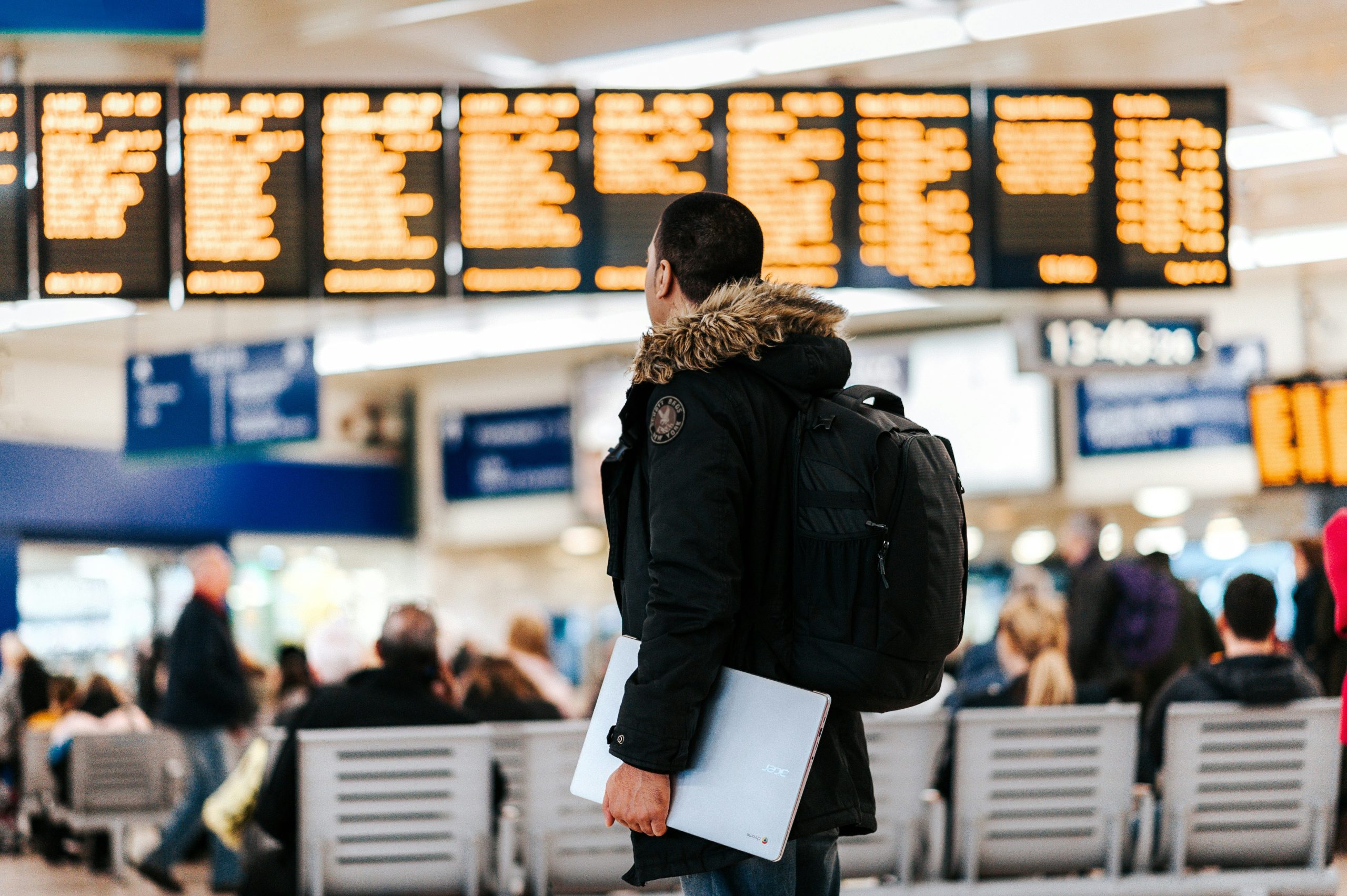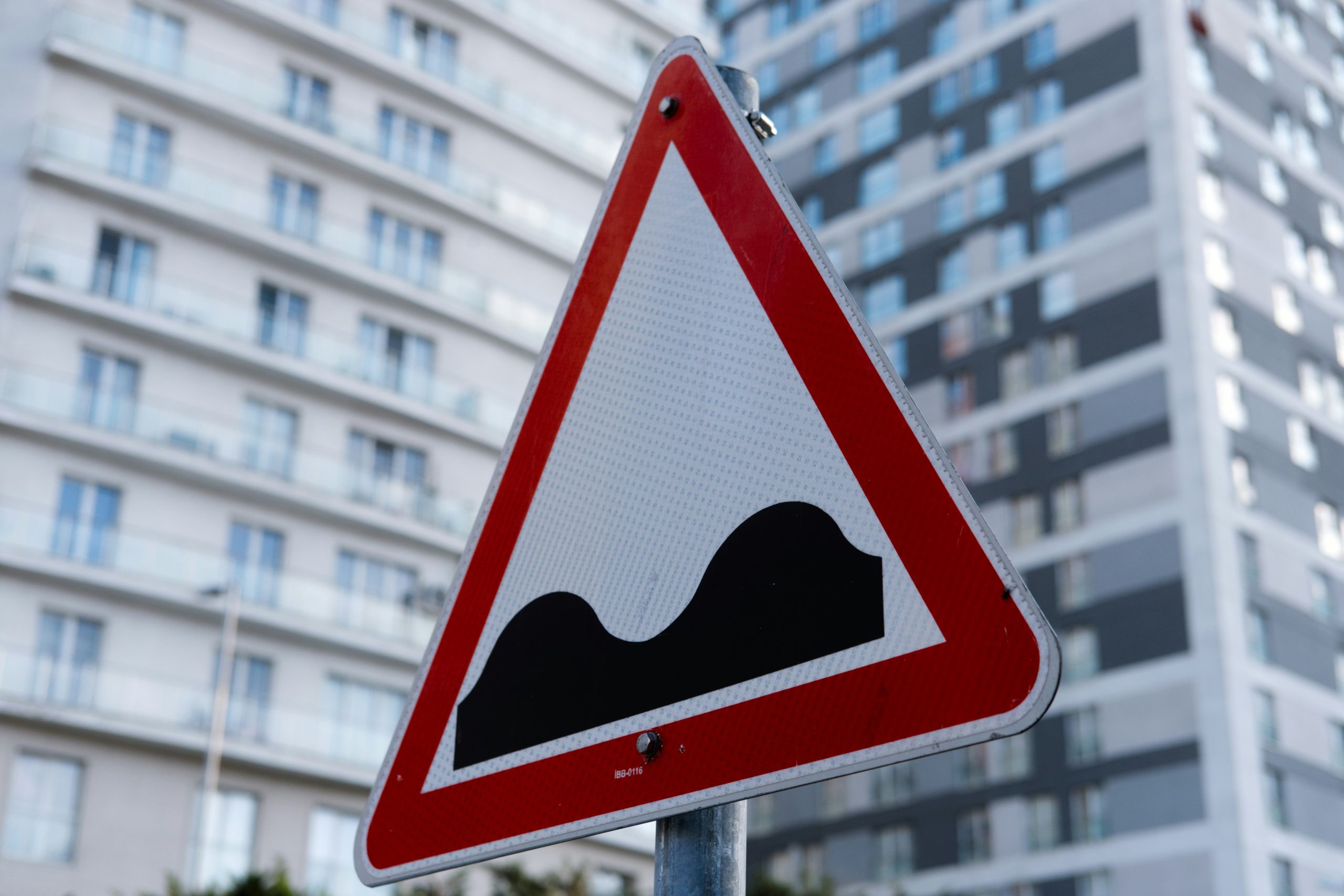Arriving in Portugal: What to Expect at Lisbon and Porto Airports
If you’re traveling to Portugal this spring or summer, knowing what to expect upon arrival at the airport can make the arrival experience much smoother—especially during the high travel season.
In case you’re landing at Lisbon Airport (LIS) or Porto Airport (OPO), this article will leave you feeling informed and empowered for your arrival.
Passport Control: Who Needs It and What to Expect
If you’re arriving from outside the Schengen Area (such as the United States, Canada, or the UK), you’ll need to go through passport control. The process is generally efficient, but during busy months (May–September), lines can be long.
Types of Passport Control Lines at Lisbon and Porto Airports:
- Electronic Passport Gates – For US, Canadian, UK, Australian, and some other eligible passport holders.
- EU Electronic Passport Gates – For EU passport holders, the same for passengers aged 18+.
- Priority Line – For families with young children (under 2 years), seniors over 75 years, or special needs travelers. You will be subject to a manual search by a border officer.
- EU Manual Check – Standard passport control for EU travelers not using electronic gates.
- All Passports Line – Required for travelers with children under 18 or passports not eligible for e-gates. This is typically the slowest line.
USEFUL TIP: If you’re eligible for the e-gates and traveling without kids, always choose this line—it’s the fastest by far!
Baggage Claim and Customs: Next Steps
After passport control:
- Head to baggage claim if you have checked bags.
- If carry-on only, go straight to customs.
- Portuguese customs is a breeze. You’ll have two lines:
- “Nothing to declare” → Utilized by the majority of travelers
- “Items to declare” → For expensive items or items exceeding duty-free allowance
No paperwork in most cases—you simply walk through.
Leaving the Airport: Getting to Your Destination At Lisbon Airport:
As you exit customs, you will arrive at the Arrivals Hall. From here:
- Right → Rental Car desks
- Straight ahead → Official taxi rank
- Pay directly in the local currency
- Left → Uber & Bolt pick-up area
Lisbon tends to use buses too to move passengers from the plane to the terminal, especially during high seasons—so don’t worry if you don’t walk off the plane directly into the gate.
At Porto Airport
Porto’s layout is more compact. After exiting the terminal, everything—taxis, rideshares, rental cars—is located in the same general area, making it easy to navigate.
When Is the Busiest Time to Get There?
The busiest times are:
- May through September
- Early morning international arrivals
- Holiday weekends and local festivals
Be prepared for queues and delays at passport control during these peak periods, especially if you’re ineligible for e-gates.
Last-Minute Tips for a Smooth Arrival
- Keep your passport and flight documents handy.
- If you’re traveling with children, factor in extra time for manual checks.
- Have some euros on hand for taxis or snacks, as not all services accept foreign cards.
- If possible, travel light—carry-on only saves time at baggage claim.
Want to Experience Portugal Like a Local?
We offer private, authentic Portugal tours, focused on culture, local history, and off-the-beaten-path secrets other visitors miss.
Need travel inspiration? Follow us on Instagram, Facebook, and Youtube for insider tips, stunning travel photos, and exclusive deals!
#Useful_Tips #Portugal_Unplugged #PortugalTravel #VisitPortugal #LisbonAirportArrivalGuide #TravelGuide #TravelHacks #PortoAirportArrivelGuide










